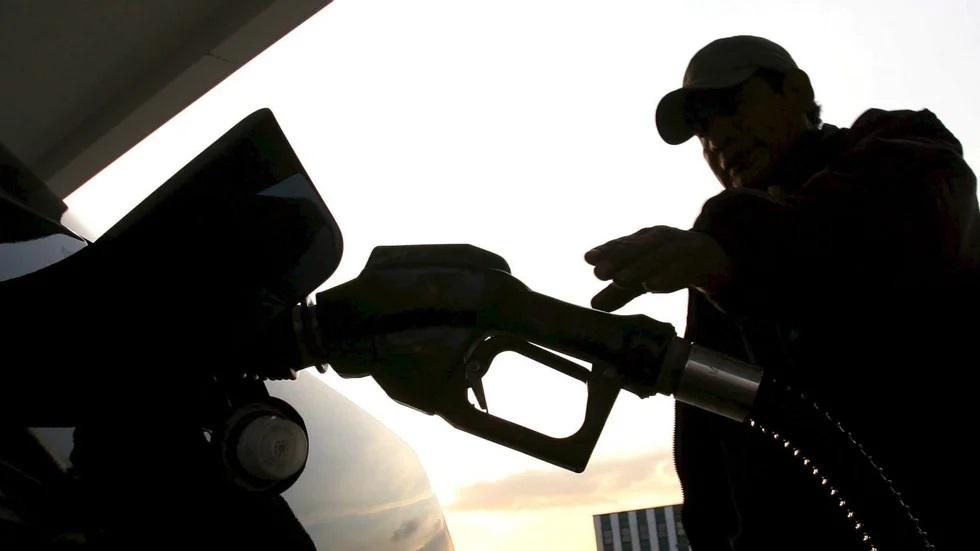Africa-Press – Mozambique. The Malawi Energy Regulatory Authority (MERA) says the lack of foreign exchange remains the cause of the country’s fuel crisis. Malawi’s fuel crisis continues to worsen, with drivers spending nights at service stations in order to access fuel.
According to MERA, loading of fuel for Malawi has been held up for weeks at the ports of Beira and Dar-es-Salaam because the country has no foreign exchange to pay for it. Companies have been unable to pay for the goods for about ten days, leading to the governments of Mozambique and Tanzania confiscating them.
International regulations stipulate that countries without direct access to the sea must place orders one month in advance and must be ready to pay upon delivery, but Malawian importers, according to MERA executive director Henry Kachage, have been unable to make the payments on time.
“What the country lacks is convertible currency. When the fuel arrives in Beira, Mozambique, or the Port of Dar-es-Salam in Tanzania, it needs to be unloaded immediately, but this has not been the case in recent times due to challenges related to the lack of foreign exchange. And when that happens, the governments of these countries confiscate the goods for their warehouses, and securing their return is not always easy,” Kachaje explained.
The authority says the government is currently working with importers to stabilise the fuel supply situation. “The main fuel importers in the country have established letters of credit, and the fuel supply situation may gradually improve in the coming days, but it is not possible to say exactly when,” MERA said.
Malawi has had an ongoing fuel crisis for months, with President Lazarus Chakwera admitting that lack of foreign exchange in Malawi is the main cause.
Malawi has experienced sporadic periods of fuel shortages since the beginning of the year, and the situation has worsened to such an extent that drivers are forced to spend hours at petrol stations in an attempt to obtain gasoline, or cross the border to buy fuel in Mozambique.
Some drivers buy fuel on the black market for about 4,000 kwachas a litre (about 250 meticais) – twice the official price.
The fuel crisis has led to an increase in transport fees and consequently in the price of essential goods. Chakwera was booed last Friday as his entourage passed by a gas station, where there was a long line of vehicles waiting for fuel.
Despite the country’s economic problems, which seem to worsen by the day, Chakwera himself left for Egypt on Saturday to attend COP 27, the United Nations Conference on climate change, breaking the austerity measures he himself adopted in the second quarter of this year.
In May, the Malawian president launched a series of measures to stem the economic decline, including restricting foreign travel for himself and civil servants. ” Public officers, including myself, who need to travel abroad for their work out of absolute necessity will only be allowed to take no more than three trips during the remainder of the year, unless in cases of unforeseen extreme emergency,” he decreed.
The austerity measures that President Chakwera launched included cutting fuel subsidies for members of the government by 20% and restricting the movement of state vehicles after 6:00 p.m..
But government spokesman Gospel Kasako defended the president’s decision to exceed the number of trips abroad.
“The trip to Egypt is one of those [cases]. There is always an analysis of what physical absence from certain meetings would cost Malawi and how much its presence would benefit the country. In such situations we are faced with difficult decisions that must be made. It’s about finding solutions to our economic challenges,” Kasako said.
For More News And Analysis About Mozambique Follow Africa-Press






